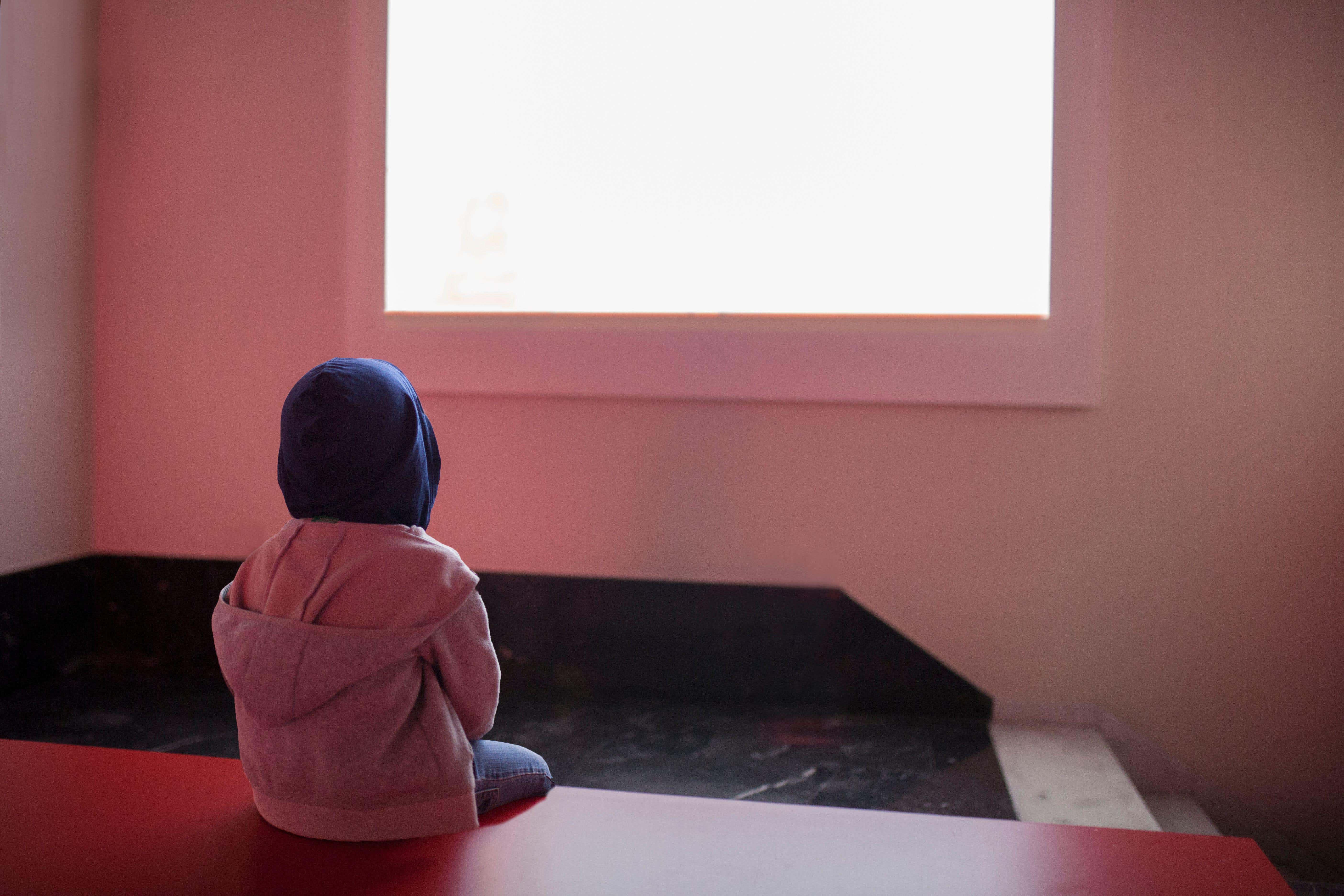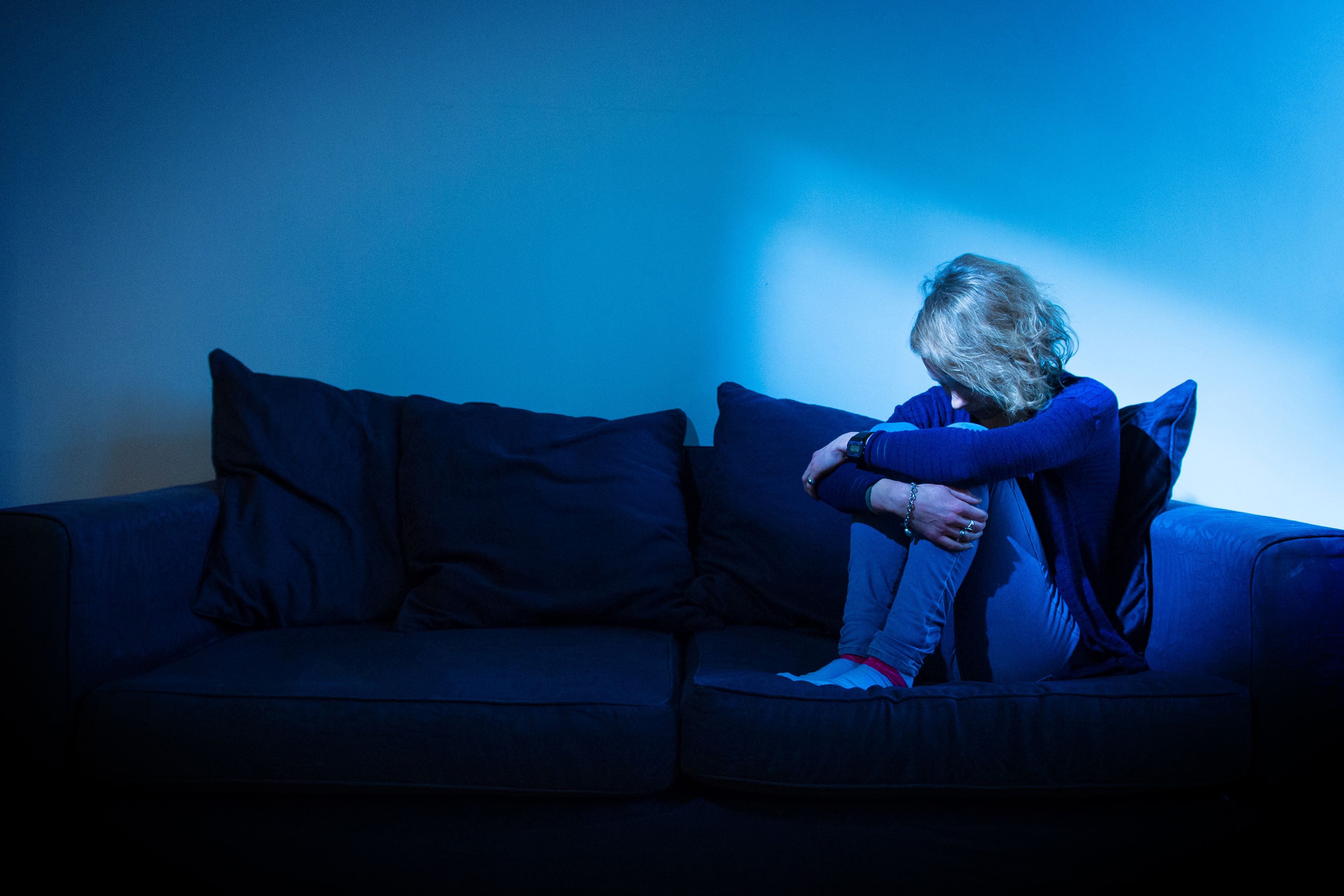The trait that children more likely to experience psychosis later in life share
The study involved 285 people who had experienced their first episode of psychosis and 261 people who have never had the mental health condition
Your support helps us to tell the story
From reproductive rights to climate change to Big Tech, The Independent is on the ground when the story is developing. Whether it's investigating the financials of Elon Musk's pro-Trump PAC or producing our latest documentary, 'The A Word', which shines a light on the American women fighting for reproductive rights, we know how important it is to parse out the facts from the messaging.
At such a critical moment in US history, we need reporters on the ground. Your donation allows us to keep sending journalists to speak to both sides of the story.
The Independent is trusted by Americans across the entire political spectrum. And unlike many other quality news outlets, we choose not to lock Americans out of our reporting and analysis with paywalls. We believe quality journalism should be available to everyone, paid for by those who can afford it.
Your support makes all the difference.A trait in childhood may be associated with greater risk of experiencing an episode of psychosis such as hallucinations, delusions and confused thoughts later in life, early research suggests.
Scientists have found that children who experienced loneliness for more than six months before the age of 12 were more likely to experience a loss of contact with reality compared to those who did not.

Women were more likely to be affected than men, according to the preliminary findings presented at the European Congress of Psychiatry in Budapest, Hungary.
Professor Andrea Fiorillo, president elect of the European Psychiatric Association, said the findings show “a direct connection between childhood loneliness and the onset of psychosis” and highlight “a concerning trend and underscore the importance of addressing social connectedness and emotional well-being from an early age”.
The study involved 285 people who had experienced their first episode of psychosis and 261 people who have never had the mental health condition.

When controlling for factors such as social isolation, childhood loneliness was associated with a 117% increased likelihood of experiencing a psychotic episode later in life, the researchers said.
Men who reported experiencing childhood loneliness had a 17% increased risk of experiencing a psychotic episode compared to those who did not.
For women, the risk was much higher – a 374% increased risk of experiencing a psychotic episode – compared to women do did not report feeling lonely in childhood, according to the researchers.
Dr Covadonga Diaz-Caneja of the Institute of Psychiatry and Mental Health, Hospital General Universitario Gregorio Maranon, Madrid, Spain, said: “There is increasing evidence of the negative health and social consequences of loneliness in adults, but much less is known about the long-term effects of loneliness in young people.
“Despite their preliminary nature, our results suggest that childhood loneliness may serve as an early risk factor for later psychotic disorders and support its role as a potential target for preventive mental health interventions from an early age.
“This may be especially relevant considering that childhood loneliness is a prevalent phenomenon that appears to be increasing in recent years”.